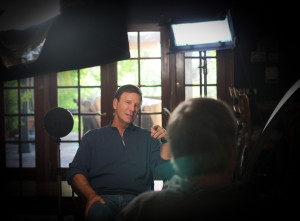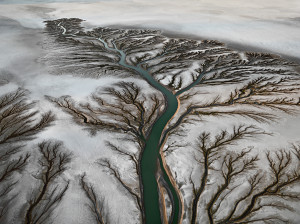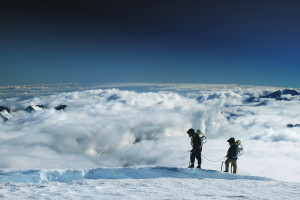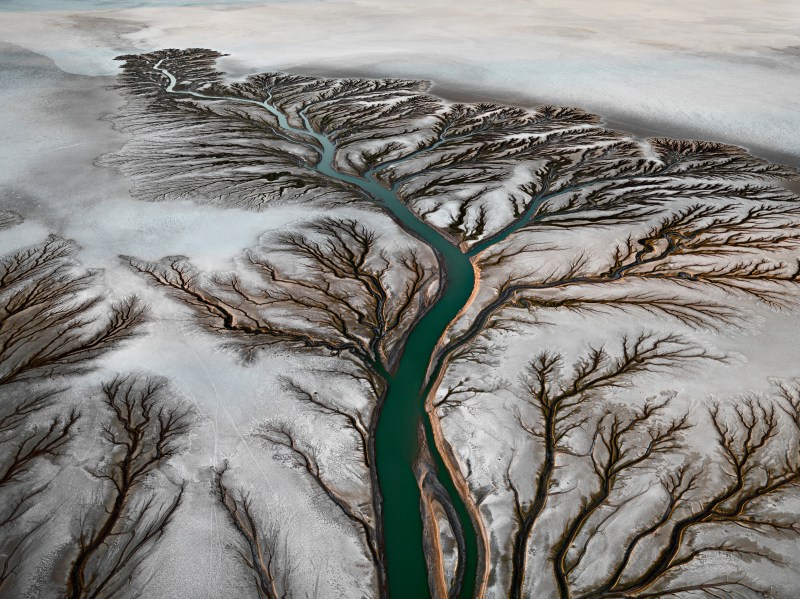The Toronto International Film Festival screens many of the finest documentaries of the year, including those that can only be done full justice on the big screen. The Daily presents reviews of three of the most exciting documentaries at the festival.

“When Jews Were Funny”
There’s an interesting film somewhere inside Alan Zweig’s documentary “When Jews Were Funny,” but it has little to do with his thesis statement that Jews make the best comedians and that Jewish comedy is dying as Jewish oppression fades. The film is at its best when it starts to probe at what it means to be Jewish in the 21st century, now that secular Jews are more common than religious ones, Jews aren’t isolated in their own communities, and it’s fairly common for Jews to marry the “goyum”. Will this mean that the younger generation is less Jewish or unable to pass on the traditions? Through interviews with various Jewish comedians about their culture and what is special about Jewish comedy, the film suggests that it might just be the brand of Jewish comedy that keeps the culture alive. Unfortunately, the film gets bogged down by the director’s own personal issues – he’s 61 with a two-year-old daughter from a “gentile” wife and is concerned that his daughter won’t be a real Jew – and with a question that can’t be answered definitively, especially when the subjects interviewed are exclusively Jews, ignoring the broader context of 21st-century comedy.

“Watermark”
Environmental photographer Edward Burtynsky is Canada’s most famous photographer, known for his ironically gorgeous shots of landscapes destroyed by humans, from carved-out mines to recycling heaps. Toronto documentary filmmaker Jennifer Baichwal followed Burtynsky around in 2005 for her film “Manufactured Landscapes” about his photographs in China, and “Watermark” marks their first collaboration as co-directors. The film documents Burtynsky’s Water Project, which takes us around the world to see how humans have changed landscapes because of water: like, for instance, in Owens Lake, Calif., where the water was pumped out to Los Angeles leaving behind a desert producing enormous dust pollution. The images compiled by Burtynsky and cinematographer Nicholas De Pencier are visually stunning, which is enough reason to see the film on the big screen. Unfortunately, the film is merely a series of montages, moving from one landscape to another just as our interest has been piqued: it provides too little information about the many awe-inspiring sites.

“Beyond the Edge”
Leanne Pooley’s documentary “Beyond the Edge” retells and recreates the 1953 expedition that made New Zealander Edmund Hillary and Sherpa Tenzig Norgay the first humans to reach the summit of Mount Everest. Voiceovers from the expedition participants and their children narrate the story and keep it moving, while the images onscreen are a mix of archival footage and re-enactments by actors. Shot in 3D, Pooley gives us a real sense of the many dangers Hillary and his team faced on this treacherous climb and mixes in maps and photographs to help orient us on the journey. The film celebrates the technical feat the climb represented — from making use of oxygen tanks to the tough terrain — and will hopefully help to correct the popular notion that Hillary triumphed on Everest alone, reminding the world that Norgay also made it to the top.
